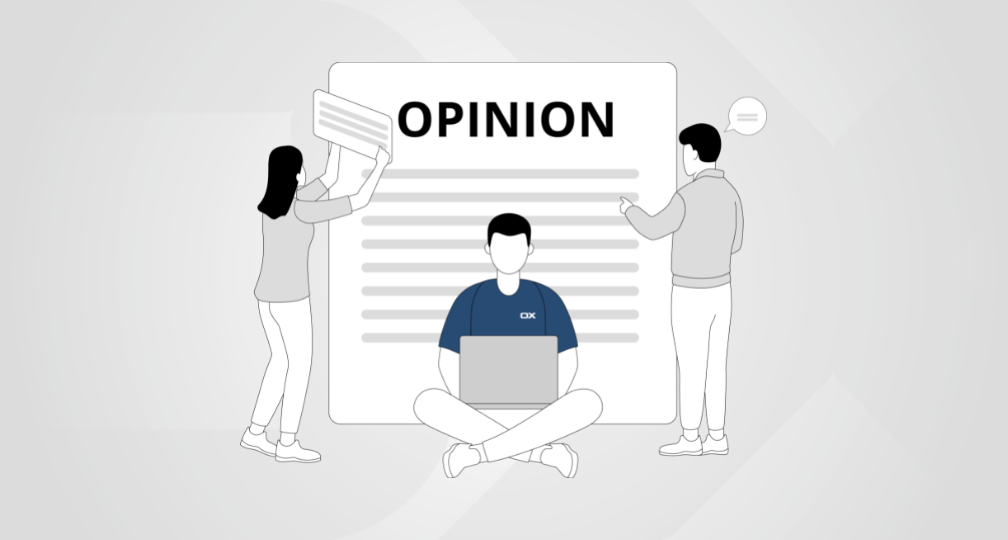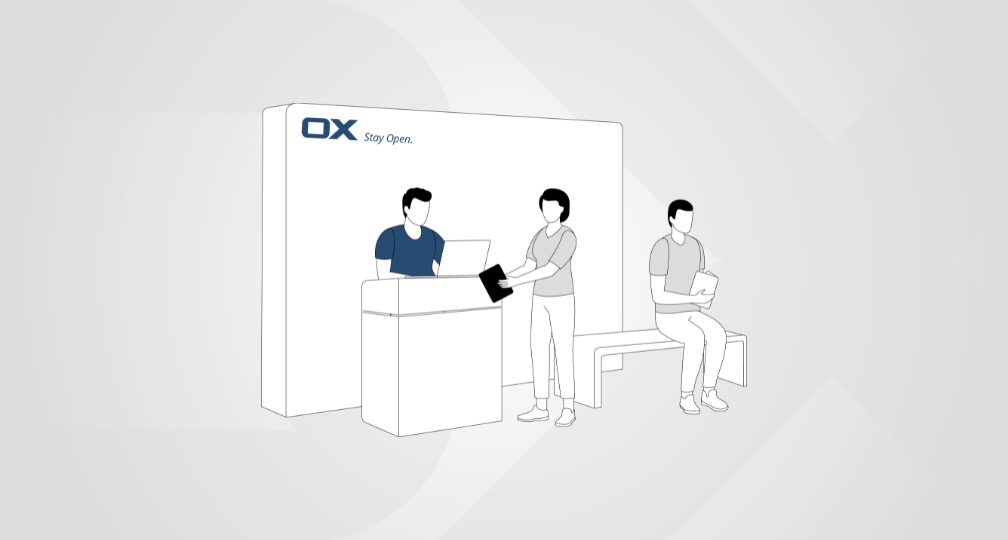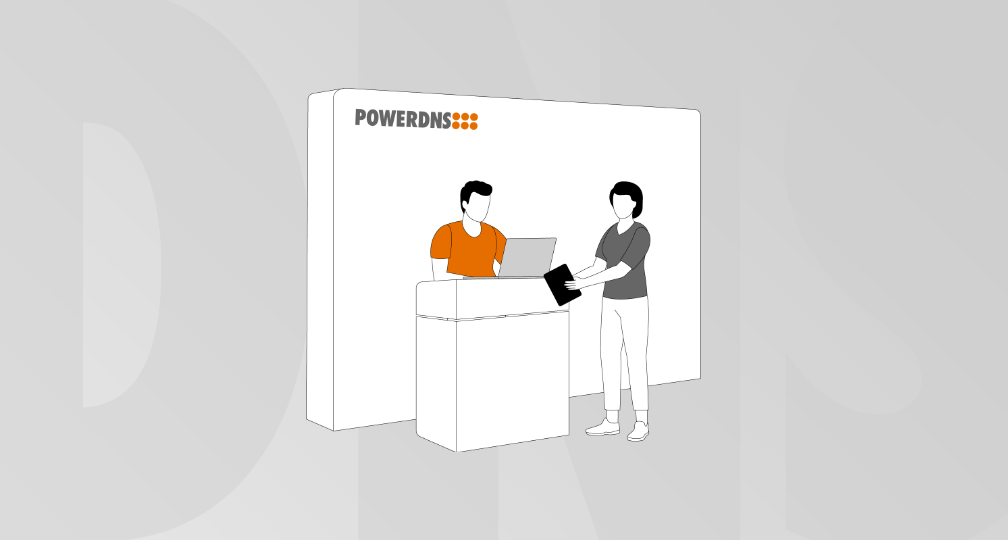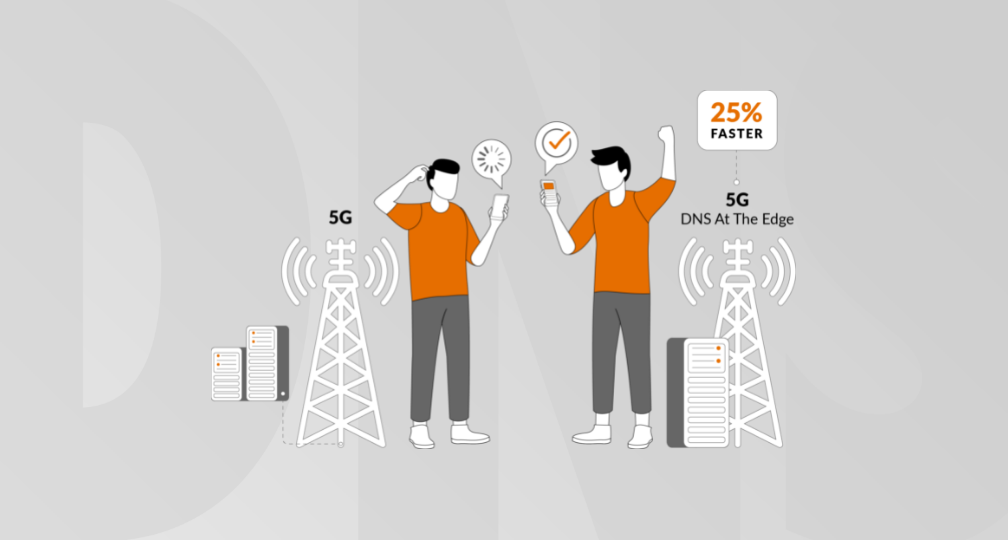Seventeen meetings and almost three years after the TES project debuted in London, it finally got to Asia. Tokyo, the world’s most bustling megalopolis, was last week the setting of a new TES event organized by Dovecot KK, the Japanese branch of Open-Xchange, in a towering skyscraper in Roppongi, the city’s most prized and international business district. More precisely, the meeting was actually held in the IBSC Hall of JETRO, the Japanese organization devoted to external trade support.
This was also the first TES meeting where simultaneous translation was being provided. The experiment was successful, thanks to an appreciable effort by two kind translators that showed considerable mastering of technical terms; and we look forward to replicating it in the future.
The audience of TES Tokyo consisted of distinguished representatives from many of the leading telcos and Internet providers in the country, such as NTT, Softbank, Biglobe, Sony Network Communications, IIJ, as well as local and international vendors, including long-time TES supporters Scality and Vade Secure. Moreover, some of Japan’s leading email security.
experts were in the room, such as Twofive‘s CEO Nobuhiro Suemasa and BBSEC‘s CTO Kazunori Ando.
The meeting started with a series of presentations by Open-Xchange’s Vittorio Bertola, introducing the TES project and then discussing email transport and email authentication issues. This was followed by a long and lively roundtable where all participants expressed their views and their company’s experiments and had the opportunity to make questions. The meeting ended with the presentation of other future events in Japan, including the introduction of the newly formed JPAAWG – Japan Anti-Abuse Working Group – that, in affiliation with the global M3AAWG, will hold its first gathering on November 8.
And then, thanks to Scality’s sponsorship, a final “kanpai” followed by drinks and great Japanese food allowed everyone to chat and exchange opinions and suggestions, and discuss how to make email better and more secure for everyone.
In the meantime, the TES project will go on hold until next year – but do not worry, we are already starting to make plans for 2019!





